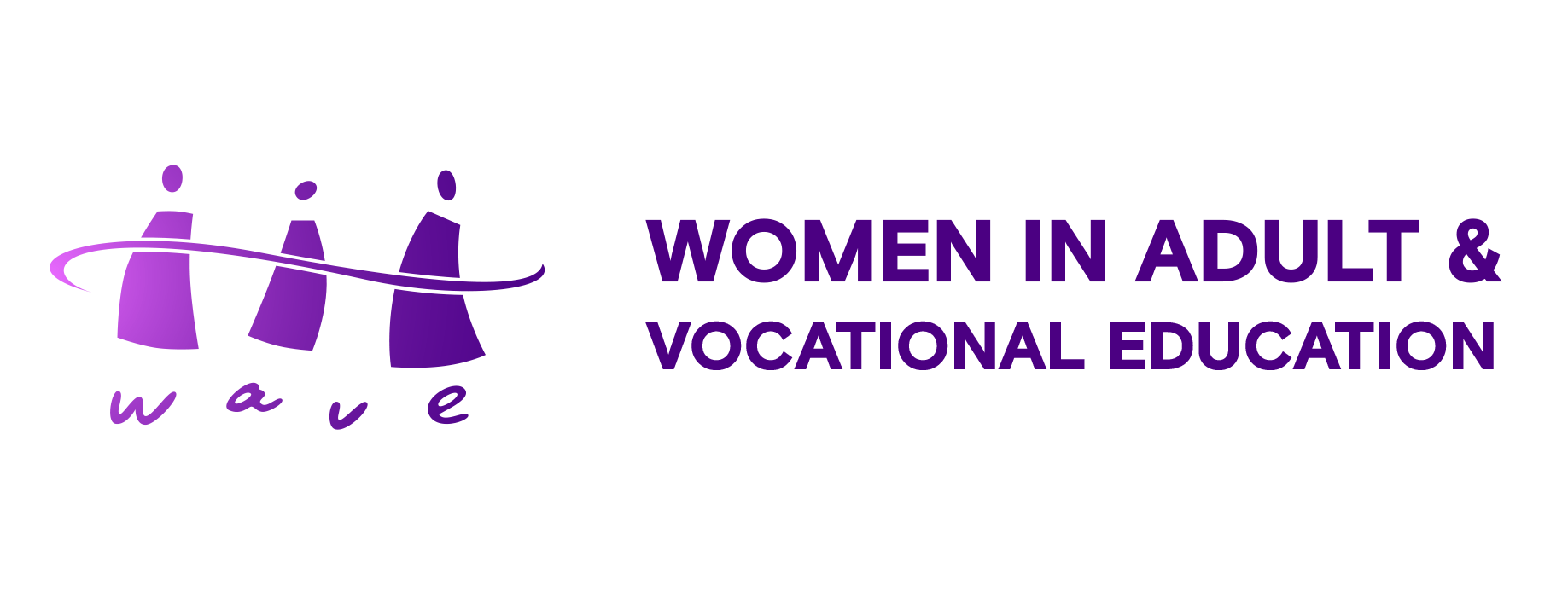02 Jul Women in Adult and Vocational Education (WAVE) welcomes the release of the Background Paper for the Strategic Review of the Australian Apprenticeships Incentive System
Today, Women in Adult and Vocational Education (WAVE), Australia’s only organisation dedicated to advocacy and advancement of equity in our national skills and education system, acknowledges the work being done by the reviewers to ensure an equitable, accessible and outcomes focussed Australian Apprenticeship Incentive System.
We celebrate the clear signal that the government seeks to create policies and programs that are gender equitable by the inclusion of gender equality in the Background paper.
At the heart of the review is the goal of reducing skills shortages across the Australian economy. We know that an equitable system is required to ensure that the current work shortages experienced across many industries with recognised apprenticeship and traineeship employment pathways can be addressed. It is also required to address the low completion rates being evidenced within the VET sector in order to produce a workforce with the skills and knowledge required to meet the nation’s current and emerging social, economic and environmental challenges.
As highlighted by TWA, NAWIC, EWT and WAVE in their joint submission to the inquiry:
“Evidence suggests that the inequity is systemic, supported by data showing that completion rates for women are significantly lower than those for their male counterparts. For example, in male-dominated fields such as construction and engineering, female apprentices constitute a small fraction of the workforce, with completion rates lagging behind due to the unsupportive work environment and lack of targeted support.”
We welcome the papers understanding that gender inequity is as much about addressing inequality in trades as much as in the care industries. It is not lost on WAVE that this discussion paper names the pervasive and prevalent impact of social norms and expectations on gender, that drive our gender segregated occupations and that result in gender dominated sectors experiencing skill shortages.
Having said that, WAVE hopes and looks forward to the Apprenticeship review building upon the Background paper’s findings, that positions women’s career challenges as being only aligned to having babies and family demands, rather than systemic inequity.
As a nation we need to step beyond this rhetoric which limits women’s ability to engage in career opportunities, pathways and progression based on acceptance of historical stereotypes that links the care and work with families, as gendered.
The Background paper further reinforced women's inability to work in male dominated sectors rather than highlighting the real issue that exists - that these environments have demonstrated over decades their inability to provide gender inclusive work environments.
Citing that women cannot engage because these work environments have
".. recruitment and promotion processes based on connections with men and cultures of long working hours and constant availability."
A positioning of inequality that once again places the fault with the women’s inability to accept this, rather than calling out that these are inappropriate work cultures and stereotypes that are not consistent with FairWork legislation or work standards and prevail, limiting women’s engagement, recommending:
"This analysis suggests that encouraging greater gender balance across industries will be important to reducing skills shortages across the economy. If we are to meet our current and future skills needs, we must work to ensure the economic benefits of training and employment are equally accessible and attractive to men and women"
We believe this recommendation stops short of the recommendation required to truly address gender inequality within the Australian Apprenticeships Incentive System. To achieve gender equality there needs to be a responsibility placed on the industry and the employers that benefit from the Australia Apprenticehsips Incentive System, a responsibility to gender equality in the workplace. Not a requirement for women to accept inequitable education and employment conditions.
Australia already has a well-established gender equality approach, researched, tested and embedded in Australian and state legislation, this needs to be embedded in the Australian Apprenticeship System to ensure equity in policy and practice moving forward. With a transformation gender equity lens that stops highlighting the women’s inability to engage but rather puts a spotlight on the inequitable environments which exist.
More work still needs to be done and WAVE is grateful for the ability to continue to contribute to this review, and looks forward to further constructive dialogue as we work toward an equitable system.
Media Contact:
Therese Nolan – Co-Convenor WAVE wave@wave.org.au


